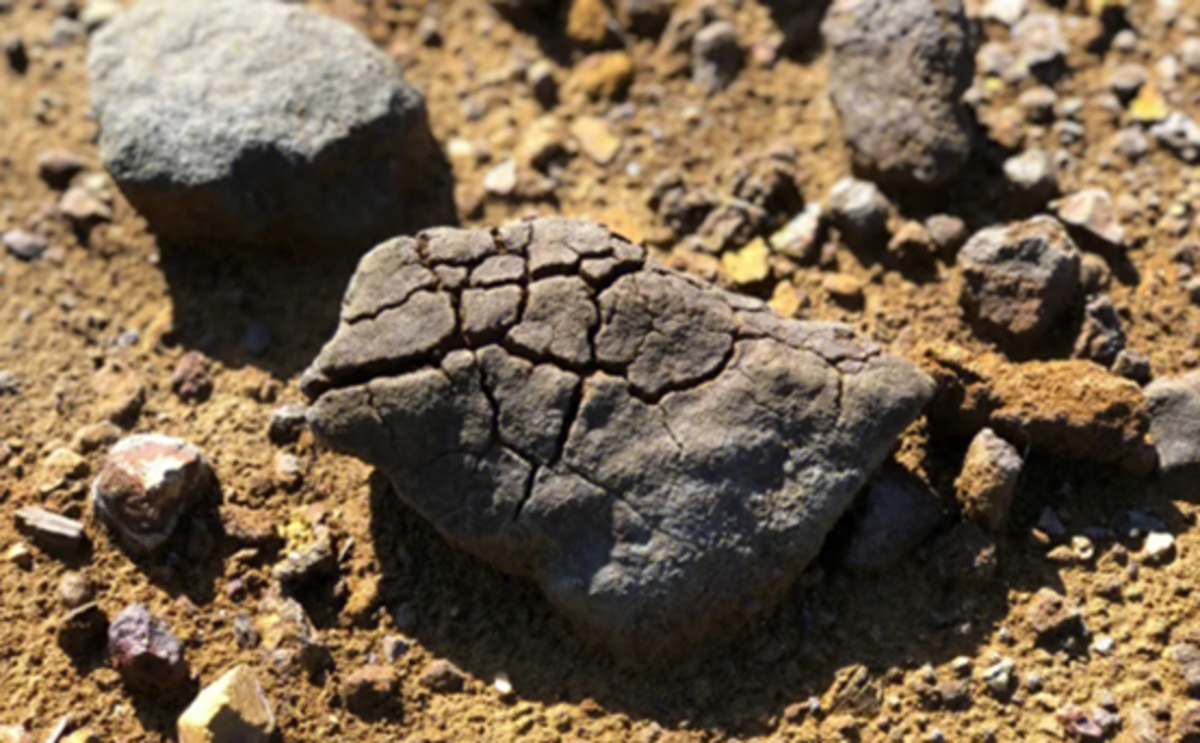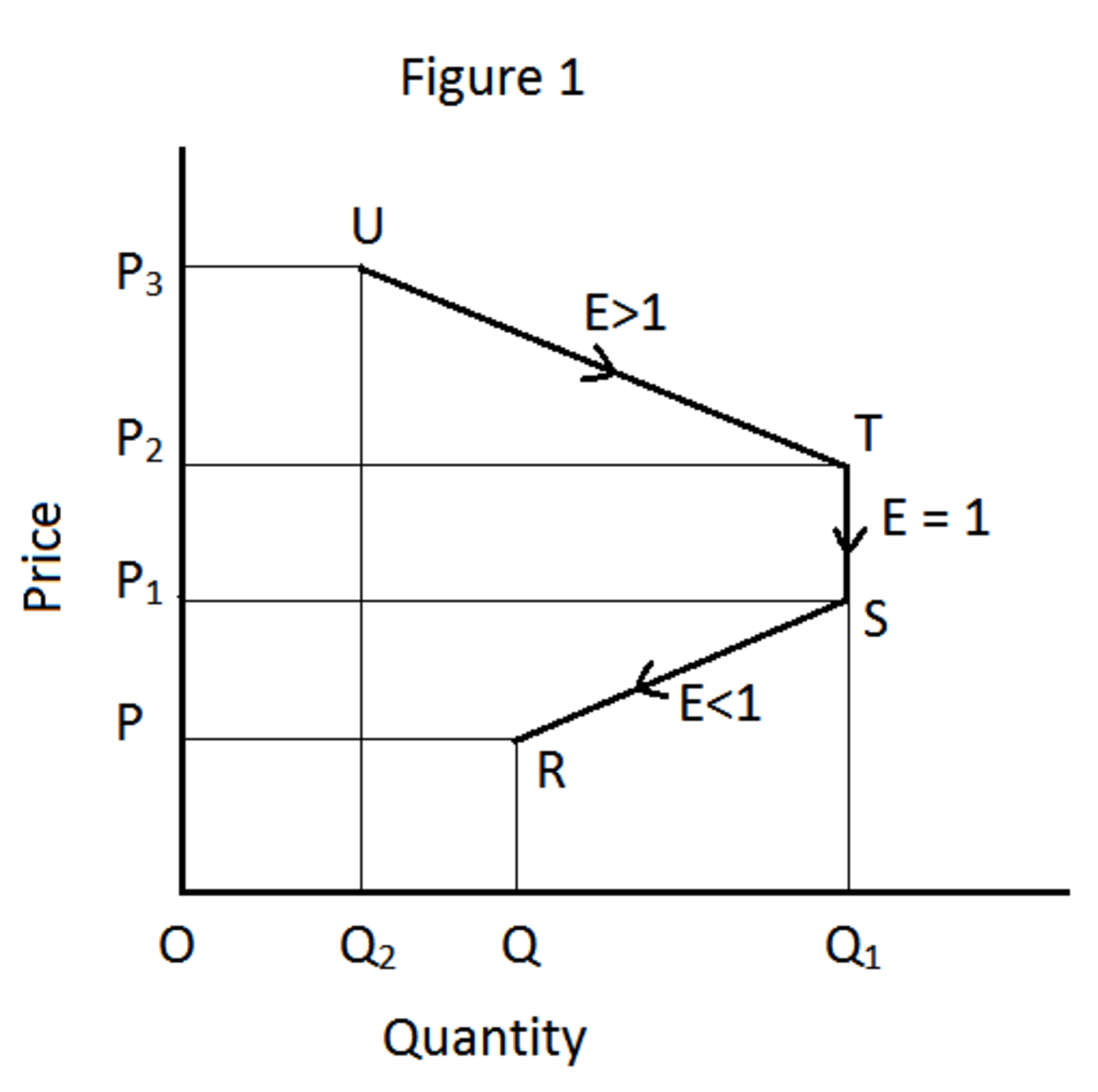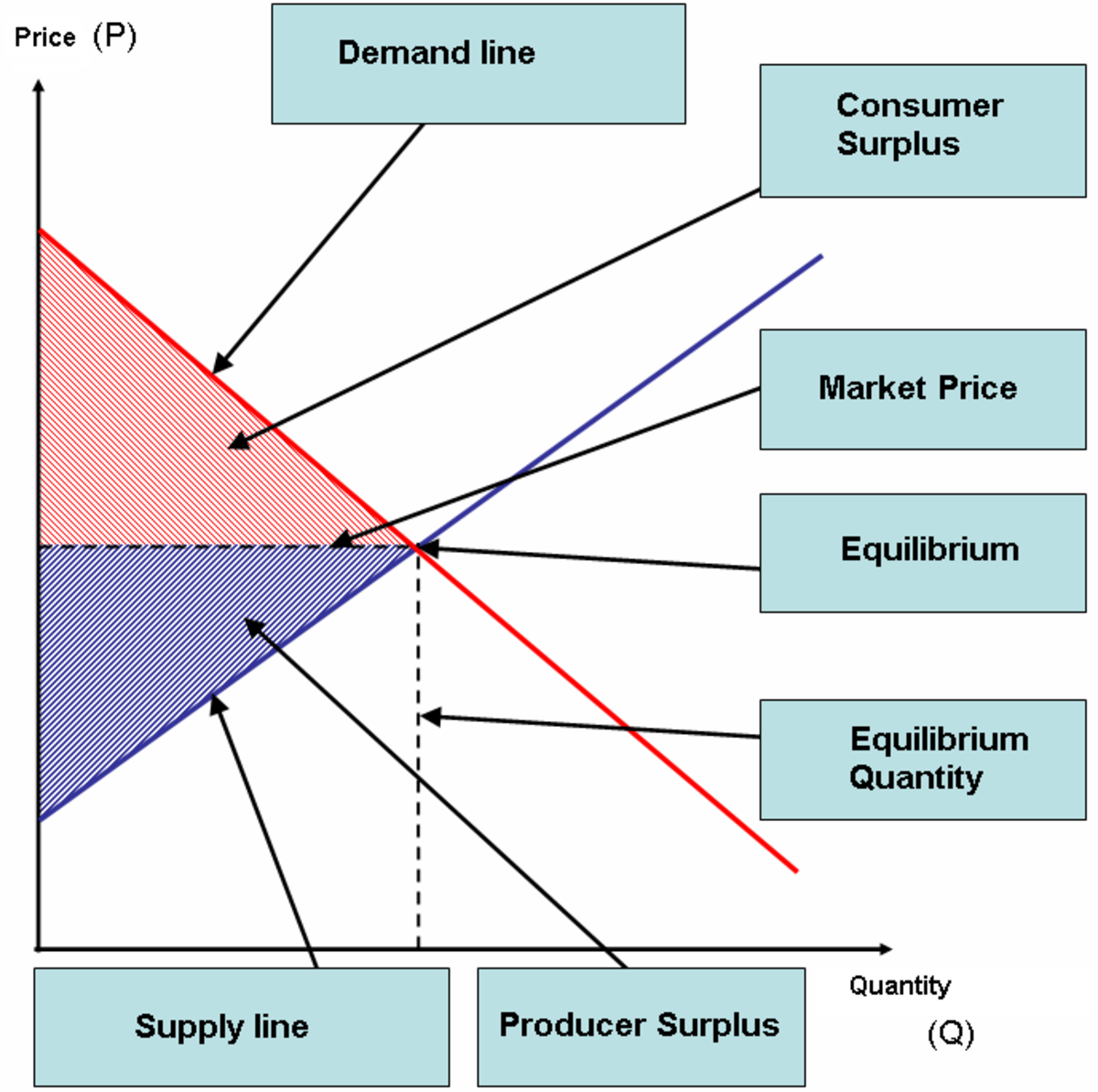Investing and Property Rights
Purpose of Investing Is To Acquire Ownership of Property and Develop It to Produce an Income
The purpose of investing is to acquire ownership rights in income producing property. The property is needed, of course, in order to produce some good or service for which people are willing to exchange money or some other good or service in order to obtain.
Property alone does not produce income. In order for property to produce an income it must be developed and transformed by human effort into a form that people can use. This transformation requires an investment of time, effort and other resources by humans.
Take land. We rely on land for food which is necessary to maintain life. But rare is the piece of land where one simply reaches out and picks up food without themselves or someone else having invested at least some time and effort into developing to produce food.
Food can be found naturally in the wild where, if one is not too particular about what they eat, they can find nuts, berries, grains, insects, the remains of animals killed by other animals for food, etc. This was the fare on which our prehistoric ancestors survived. However, someone still has to invest time searching for this food. Even when our prehistoric ancestors found a good spot where food grew naturally in abundance and could be easily and quickly gathered as needed, others would also be attracted to the spot and the available food soon depleted.
In prehistoric times humans existed much like other animals in that they devoted almost all of their waking hours to gathering food and finding shelter. However, having brains that were more highly developed than those of their animal neighbors, they began to see that, rather than foraging for edible plants and animals in the wild, they could clear a patch of land and use it for the cultivation of edible plants and animals thereby avoiding having to spend time searching for food with no guarantee of success. Having gone to the trouble of investing time and labor in developing the land they were not about to share food produced with strangers without receiving something in return.
Transforming resources into usable products and services requires the sacrifice of time, effort and now days money that could be spent on something else. If people are not allowed to keep and reap the future rewards that result from investing their time, effort, money, etc. up front they won't invest any more than is needed to keep themselves alive in the present.
In addition to property rights being an incentive to create wealth, they are also an incentive to maintain income producing wealth. Having ownership of something requires that the owner either maintain the property or see it fall into disrepair and disappear.
Owners of homes and automobiles have their money tied up in those properties and not wanting to lose that investment is incentive for them to take care of the home or car.
On the other hand renters of property lack such an incentive to care for property, which is why owners of such property generally include an incentive to take care of the property by requiring a cash security deposit from apartment renters or credit card when renting a car (most, if not all, car rental companies require payment with a credit card and refuse cash as they can add the cost of damages to the credit card but face a more difficult time if they have to get more cash from the renter).
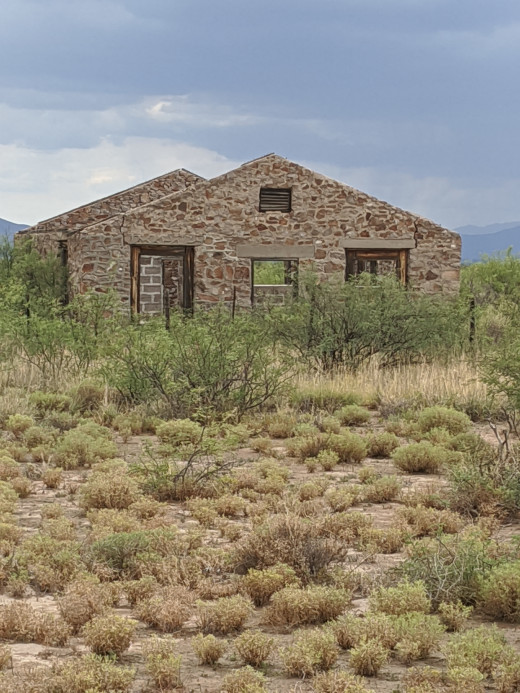
An Example Property Decline When No One Cares For It
In discussing care here I am not talking about malicious vandalism but simple carelessness. While serving in the Air National Guard in Wisconsin a number of years ago I had occasion to make a number of trips to the U.S. Air Force Rhine-Main airbase in Frankfurt, Germany with my unit.
In those days we flew over there four or five times a year to help replace a squadron of regular Air Force planes that had been moved to Southeast Asia during the Vietnam War. While individually we only had to make one trip per year some, like me (I was a graduate student at the time and both had the time available and also needed the money earned from the two week tour) went more than once a year.
On my first flight over there with my unit, the co-pilot told me a story about how he and some others had gotten together a few years earlier and decided that it would be cheaper to buy a car and leave it at the base than to rent cars to use while there. Since they usually went at separate times, each could expect to have full use of the car while there.
Rather than having the car sit idle (which was not good for it) in the month's between our unit's visits, the group left instructions that members of other units could use the car during their two week tours with the request that those others take care of the car when using it. However, with no way to enforce the request, the owners soon discovered that none of the non-owning users of the car provided any maintenance beyond gas to get them to their destination and air in the tires if they were totally flat.
No deliberate damage was done by these other drivers who were careful to avoid accidents, but the car soon fell into ruin due to lack of maintenance as no one was willing to invest the time or money in keeping the tires filled with air to avoid excessive wear, changing the oil, etc. The result was that every time the owners went to Germany they spent most of their free time and money on repairs due to the lack of proper routine care and maintenance. The group eventually decided to cut their losses by selling the car.
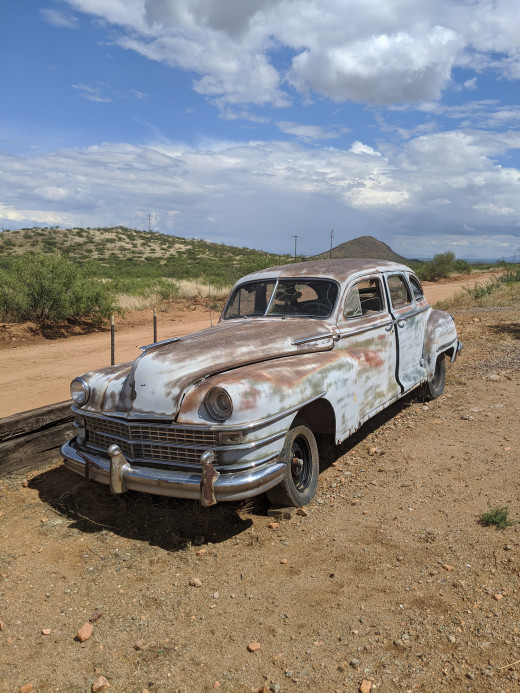
As I mentioned above, it is possible to rent property to users and hold them accountable for care by building financial penalties into the rental arrangement. In the case of large corporations which are owned by the investing public but managed by career managers with little or no ownership interest in the company or its property, the owners still exercise control of corporation's property which receives better care than property of most government run enterprises in which no one has a direct financial interest.
Of course most individual investors have neither the time nor expertise to keep an eye on the day to day operations of companies they invest in directly through the purchase of their stock or indirectly by investing in mutual funds. But they not only don't have to personally get involved in the daily operations of the company they also don't have to pay much attention voting or attending stock holder meetings. No, they have a more powerful tool and this is their ability to sell their shares and invest their funds elsewhere whenever they feel the corporation is not maintaining and managing the property properly.
All members of the investing public need to do is become dissatisfied with the company and move their money elsewhere. If enough lose faith in the company sellers of the stock will out number buyers and the price of the stock will fall. If the price of the stock falls low enough the total value of the outstanding stock can be less than the value of the assets of the company.
In the 1960s a young British bookkeeper named Jim Slater saw this happening with a number of poorly managed British corporations.
Slater and some associates began purchasing the stock of these companies at a big discount and, once they owned a 51% interest in a company they had a controlling interest and were able to liquidate the company by selling the assets (property) and made a tidy profit for themselves and the holders of the other 49% of the stock on the difference between the value of the assets and the value of the stock.
The threat of such a takeover, and the dismissal of management is a powerful incentive for managers to take care of the property they are managing.
This content is accurate and true to the best of the author’s knowledge and is not meant to substitute for formal and individualized advice from a qualified professional.
© 2008 Chuck Nugent




